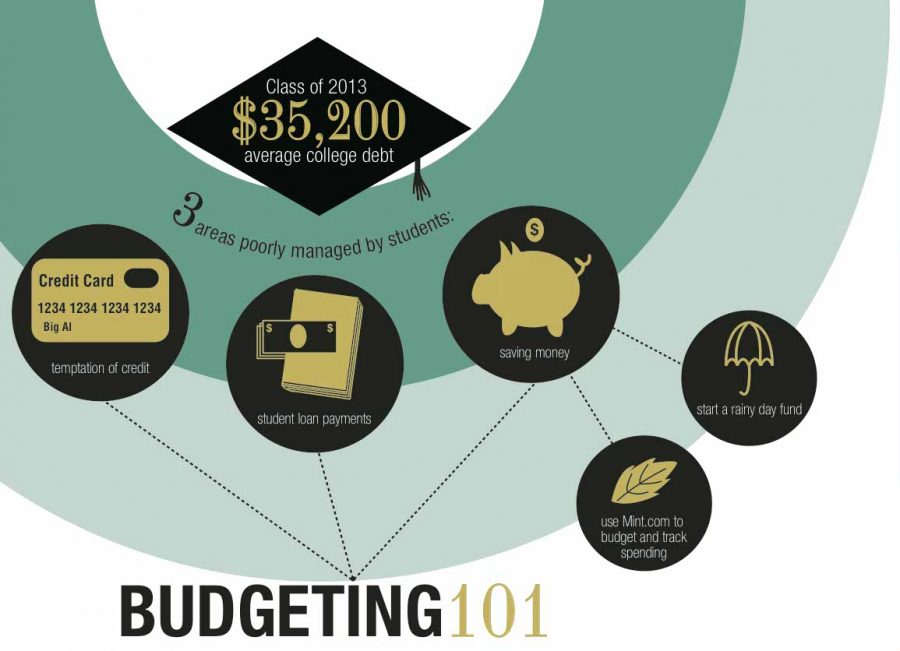There are only 550 Certified Financial Planners in the the state of Alabama. While certification requires years of education, experience and a signed devotion to ethics, The University of Alabama College of Human Environmental Sciences, under Dean Milla Boschung, has made it possible for students to pursue such a demanding career in four years.
Boschung started CFP certification tracks 27 years ago, aiming to give students the ability to get certified as soon as possible.
“I have been on faculty since ’77, and I saw a demand immediately,” Boschung said. “Consumers need help in decision making. Let’s say your great aunt Sally leaves you $50,000. What are you going to do with that? How do you make good financial decisions? CFPs help with that.”
The college still offers basic financial planning classes to any major, and the foundation course, CSM 204, gives students a basis for understanding and evaluating basic financial planning principles and how they apply to life situations and change over the course of a consumer’s life, professor and CFP Caroline Fulmer said.
“Students start with the 204 foundations class, then take special classes in insurance, investing, retirement, estates and taxes,” Boschung said. “Financial planning as a career is ranked as a top career for the future. They’re analytical but love helping people.”
The Honors College also offers a single-semester special seminar based on a more general view of consumer resources, UH 300: Finding Financial Freedom. Jan Brakefield, a CFP who teaches the single-slot course, said the course takes a life cycle approach to family and personal finance as opposed to acting as a consultant. The course is intended to give students personal finance knowledge for their lives.
“Where our other courses are training financial planners, this course assumes students are merely learning to make good financial choices,” Brakefield said.
Students looking to go into a CFP career are advised to focus on a consumer sciences degree with a concentration on family financial planning or consumer affairs. Internships are offered by numerous firms in cities such as Birmingham, Atlanta, Ga., and New Orleans, La. Though they are strongly advised, as CFPs require three years of experience with financial firms before they can be certified, they are not required.
“Financial planners meet their clients at least once a year,” Boschung said. “Five years after graduation, you may want different things than you want now. Your risk tolerance may change. You may even want to buy a house.”
According to Money Magazine, CFPs are expected to grow in number by 41 percent before 2016. Certification requires an exam offered by a CFP certification board, which is covered by case study classes. Boschung said CFP majors also make up a generous portion of contributing alumni, something she said helps students in all fields.









